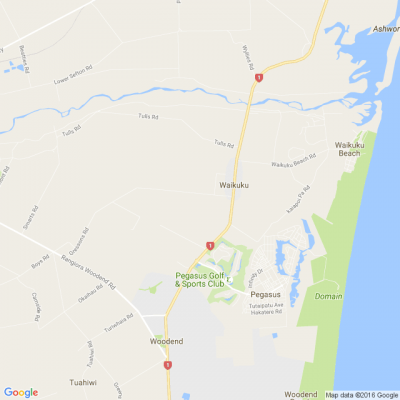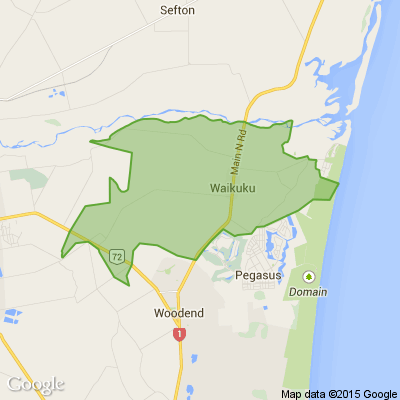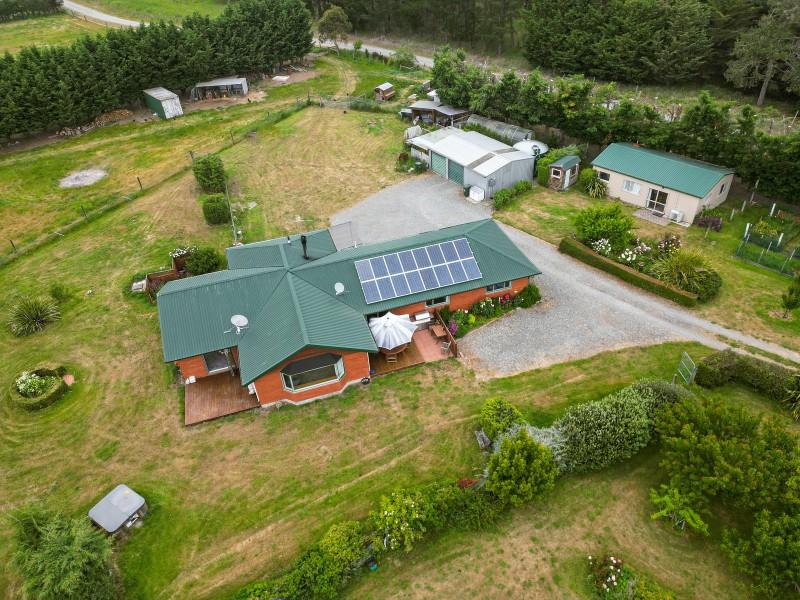Private wells: where to get your water tested
By David Hill, Local Democracy Reporter
Following recent media coverage on the need to test drinking water from private wells, readers have been asking how they go about it.
The question of whether Environment Canterbury (ECan) should run regionwide events to educate private well owners on the risks, including nitrates and E.Coli, caused plenty of debate at a recent council meeting.
Former chairperson Peter Scott said the question of drinking water quality is the ‘‘most emotional subject’’ in Canterbury.
Greenpeace has been running similar water testing events in Canterbury in recent years.
But several councillors expressed concern a one-off test will not give ‘‘good information’’, as drinking water needs to be tested regularly.
The Waimakariri district has the highest number of lifestyle blocks in the country, with many drinking water from private wells.
ECan and Waimakariri District Council staff refer private well owners to the website of water regulator, Taumata Arowai.
There are 10 accredited laboratories in Canterbury.
‘‘Our advice would be to use one of those registered laboratories,’’ an ECan spokesperson said.
‘‘The webpage lists phone numbers for the laboratories, so in terms of what is involved, the best idea would be to call and ask how best to submit a water sample, and they will advise.’’
The regional council regularly monitors selected private wells across the region to determine trends, but concerns have been expressed the testing is not wide enough.
Taumata Arowai says all registered drinking water suppliers must use an accredited laboratory to ‘‘analyse source water, raw water and drinking water as part of any monitoring requirements’’.
‘‘If test results indicate drinking water does not comply with the drinking water standards or compliance rules, accredited laboratories will notify Taumata Arowai and the drinking water supplier as soon as practicable.’’
The Ministry of Health uses World Health Organisation standards to determine a maximum acceptable value of nitrates in drinking water of 11.3 mg/L.
When drinking water exceeds half of the maximum acceptable value, well owners are advised to regular monitor their drinking water.
For more information, go to taumataarowai.govt.nz/for-water-suppliers/using-an-accredited-laboratory-to-test-your-drinking-water/
Those on council drinking water supplies should contact their local council if they have any concerns.
■ LDR is local body journalism co-funded by RNZ and NZ On Air.

Worst Xmas ever?
There's a a lot of planning that goes into Christmas day and sometimes things just don't go to plan. But it can be a good thing - a family mishap or hilarious memory that you can laugh about in Christmases to come.
Whether you burnt the dinner or were stranded at an airport...
Share your Christmas mishaps below!

⚠️ DOGS DIE IN HOT CARS. If you love them, don't leave them. ⚠️
It's a message we share time and time again, and this year, we're calling on you to help us spread that message further.
Did you know that calls to SPCA about dogs left inside hot cars made up a whopping 11% of all welfare calls last summer? This is a completely preventable issue, and one which is causing hundreds of dogs (often loved pets) to suffer.
Here are some quick facts to share with the dog owners in your life:
👉 The temperature inside a car can heat to over 50°C in less than 15 minutes.
👉 Parking in the shade and cracking windows does little to help on a warm day. Dogs rely on panting to keep cool, which they can't do in a hot car.
👉 This puts dogs at a high risk of heatstroke - a serious condition for dogs, with a mortality rate between 39%-50%.
👉 It is an offence under the Animal Welfare Act to leave a dog in a hot vehicle if they are showing signs of heat stress. You can be fined, and prosecuted.
SPCA has created downloadable resources to help you spread the message even further. Posters, a flyer, and a social media tile can be downloaded from our website here: www.spca.nz...
We encourage you to use these - and ask your local businesses to display the posters if they can. Flyers can be kept in your car and handed out as needed.
This is a community problem, and one we cannot solve alone. Help us to prevent more tragedies this summer by sharing this post.
On behalf of the animals - thank you ❤️









 Loading…
Loading…





















